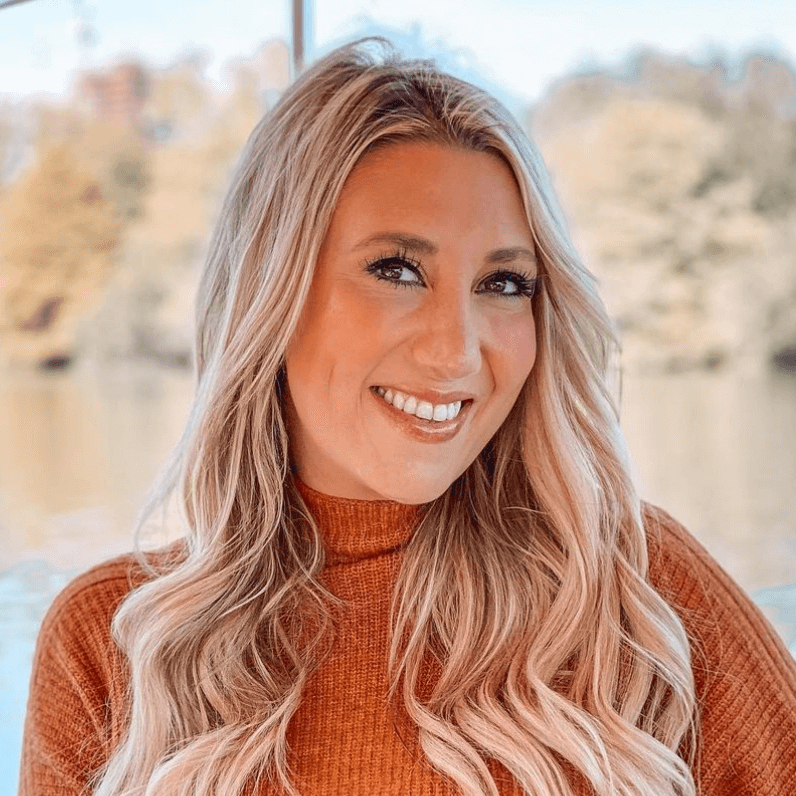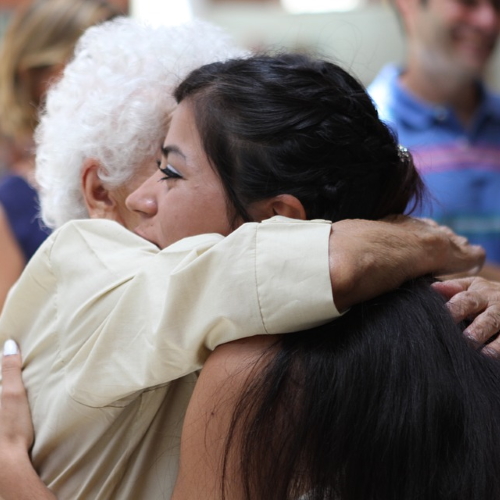Cervical Cancer Stories




Cervical cancer develops in the cells that line the cervix (lower area of the uterus).
There are three main types of cervical cancer:
- Squamous: About 90% of cervical cancers that originate most often in the transformation zone.
- Adenocarcinoma: Make up most other cases, develop from grand cells.
- Adenosquamous: Carcinomas or mixed carcinomas: the least common, a mix of the first two.
Find stories from real cervical cancer survivors to learn how others navigated diagnosis and treatment.
Cervical Cancer Patient Stories
Squamous
Mila L., Squamous, Stage 1B
1st Symptoms: Abnormal lump in cervix area, bleeding after sex
Treatment: Chemotherapy (Cisplatin), radiation, adjuvant chemotherapy (Carboplatin + Paclitaxel
...
Marissa, Squamous, Stage 3B
1st Symptoms: Excessive and prolonged vaginal bleeding
Treatment: Chemotherapy (Cisplatin), radiation, brachytherapy
...
Brittany W., Squamous Cell, Stage 4B
1st Symptoms: Spotting after sex, eventual significant bleeding at random
Treatment: Chemotherapy (Cisplatin) concurrent with radiation, 6 rounds adjuvant chemo, 2nd round radiation, immunotherapy trial, targeted therapy
...
Adenocarcinoma
Kristine M., Adenocarcinoma, Stage 2B
1st Symptoms: Tumor found during postpartum pap smear
Treatment: Colposcopy with endocervical curettage, cone biopsy, total abdominal radical open hysterectomy with lymph node removal
...
Adenosquamous
No post found
Cervical Cancer Resources
Navigating Life With Cancer
Reacting to a Cancer Diagnosis
It’s cancer. How should you be feeling? That’s a complex question without a…
What Does Cancer Feel Like?
Hear from cancer patients in their own words about what cancer felt like…
Cancer Patient Advocate
Read advice from real cancer survivors about how to advocate for yourself during…
What to Say to Someone With Cancer | The Patient Story
There’s no clear way to know what is best to say to someone with…
How To Tell Your Family and Friends You Have Cancer
If you’ve been diagnosed with cancer and are unsure how to go about…
My Spouse Was Diagnosed With Cancer | The Patient Story
Marriage is wonderful, but a cancer diagnosis can create a disconnect for some…









